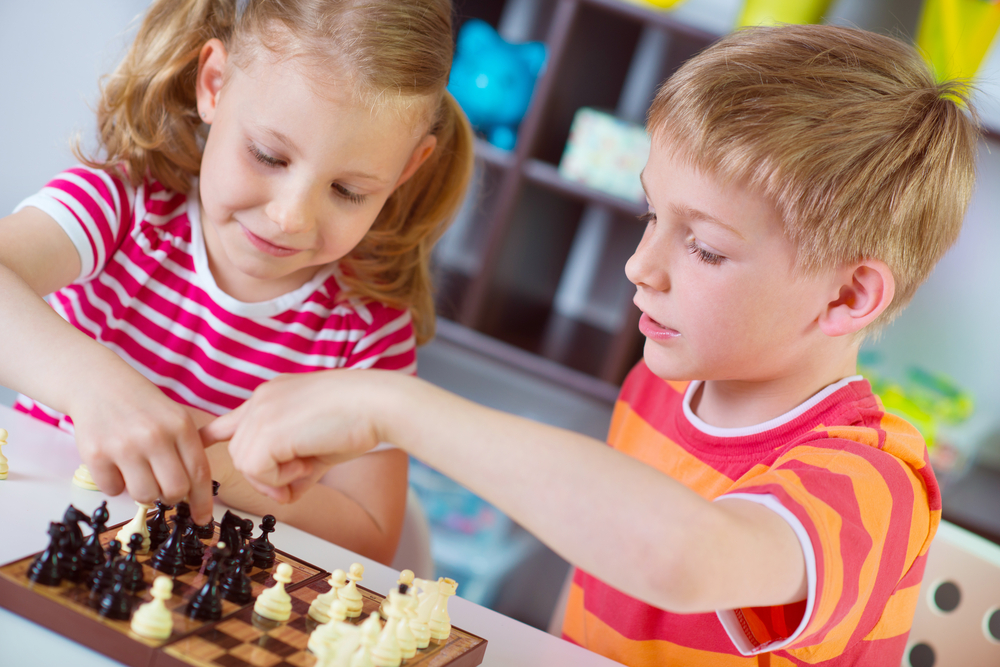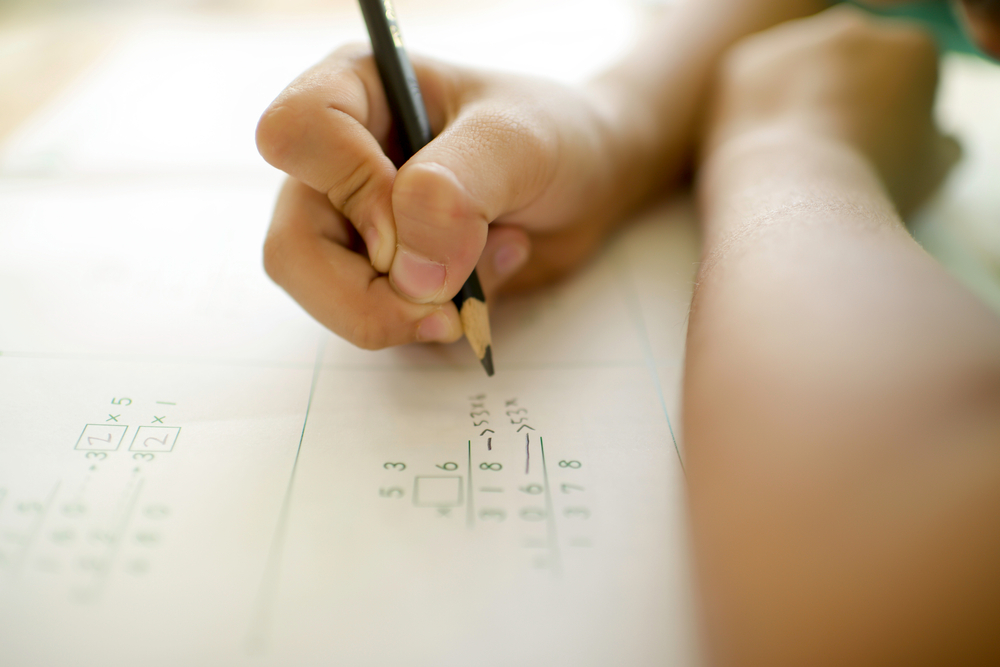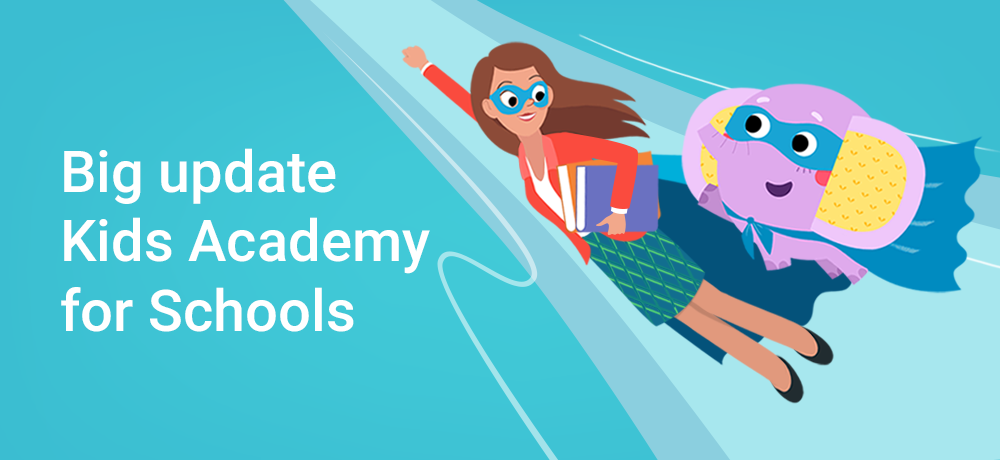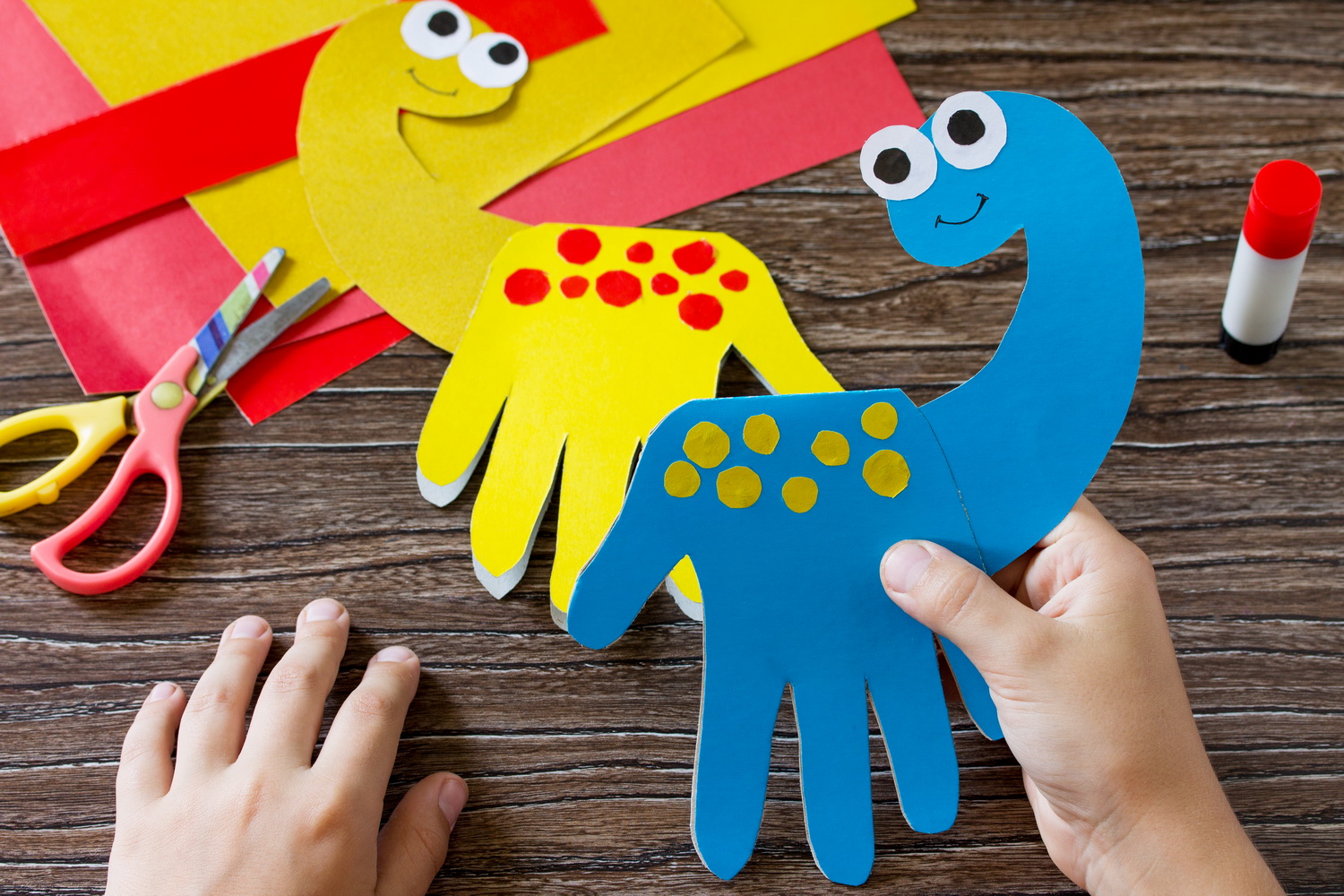The Benefits of Teaching Kids Chess Game Before Kindergarten
Jan. 26, 2021
As parents, we start teaching our children a wide variety of skills and hobbies starting from an early age. Check out your local parenting message boards and programs in your community, and you will surely find a plethora of different classes ranging from dance, athletics, and even beginner piano or violin lessons! So, if we can teach toddlers water safety rules, and preschoolers fingering patterns on a musical instrument, what can parents expect for introducing children to chess?

At Kids Academy, and as both parents and educators, we know that chess may at first seem like a hard sell when it comes to teaching our littlest of learners. For one, playing an entire chess game requires remarkable cognitive skill and an attention span that most preschoolers simply don’t possess.
Kids Academy has a course tailor-made for your future chess master! Designed for kids, our Chess Program offers a comprehensive yet easy-to-digest course that can teach even the youngest of learners. Subscribe today to get started!
On the other hand, simply introducing the game to children does not have to include signing them up for the next tournament either! As most of us already know, kids’ brains are like sponges that soak up learning at an astounding rate. That’s why many children are able to learn a second language or a musical instrument from such a young age. With that said, preschoolers are absolutely able to learn about pieces, rules, and basic gameplay, even if they aren’t ready to tackle an entire game or advanced strategy anytime soon.
Let’s take a closer look at the benefits of chess for kids, especially when starting from an early age.
The Many Benefits of Learning Chess Starting in Early Childhood
It might stand to reason that the benefits from learning chess can be gained at any age. While this may be true in many circumstances, there are enhanced advantages that one may accrue from having been trained in chess for a long period of time, especially when starting from a very young age.
According to this 2019 study from the National Institutes of Health, young chess masters who have been training for a long period of time experience some very unique gains in the following areas:
- Visual perspective taking skills
- Executive functioning
- Self-Regulation
So, what does this all mean? Let’s break each down to see how each can improve your kid’s early development.
Long-term chess training enhances visual perspective taking skills
From a psychological standpoint, visual perspective taking is the ability to imagine seeing the world from another’s point of view. This is different from empathy, which has more to do with emotions rather than visually seeing things as others do. While playing chess, participants can imagine placing themselves in their opponent’s shoes, seeing the game board as they do. This helps to think of potential strategies that can be used against them given the layout of the pieces on the board.
For a child trained in chess over a long period of time, the study suggests that children develop an enhanced ability to take other people’s viewpoints in a way that proves to be more efficient. In other words, non-chess players may experience more cognitive stress when attempting to see others’ viewpoints. For long time players, this task is done more easily and efficiently.

Teaching kids chess can improve executive functioning skills
Simply put, executive functioning skills are comprised of a collection of different skillsets that include cognitive processes such as:
- Working memory
- Cognitive control and inhibition
- Cognitive flexibility
- Problem-solving and reasoning skills
- Fluid intelligence
In short, executive functioning skills are the processes we take as humans to learn, remember, make decisions and solve problems, as well as controlling our thoughts and actions. Essentially, executive functions are the cognitive functions we use in everyday life to function in society.
The study mentioned above found that when children learn chess and have played for a number of years, mental processes that would ordinarily be very taxing for their same-aged peers, are less exhausting for chess players. This is most likely because learning it takes a great deal of complex thought; it requires players to think deeply about not only their own strategy, but that of their opponent. Players must also learn to regulate their own impulses to think through their decisions.
Naturally, it’s easy to see how children who begin training in chess early in life may be much more adept at performing complex mental tasks as they grow, which includes learning and participating in school. Perhaps it’s also easy to extrapolate that this enhanced improvement in executive function can learn to more efficient learning and functioning in class.
Learning chess can improve self-regulation
If you’re like many parents, this might be a big one for you! Who hasn’t encountered a wiggly preschooler who just can’t seem to sit still or stay quiet when it’s absolutely necessary? We all know that our youngest of learners are also the squirmiest! As kids venture out of toddlerhood, they retain much of the immaturity to control their emotions or thoughts, and often continue to have outbursts throughout early childhood. If chess could improve a child’s self-regulation, why wouldn’t a parent consider teaching it?
As you may already be aware, self-regulation is the ability control oneself; this applies to a variety of situations, including regulating one’s speech, emotions, and the choices they make. Self-regulation is also one of the above executive functions, and it’s a big one! It’s only natural that children find it hard to control their own emotions and actions from an early age. After all, they’re still learning how to interact with others and while also regulating their own feelings, disappointments, and elation!
Of course, a game of chess requires self-regulation because moving pieces impulsively is a good way to lose a match. As young kids learn to play, they increasingly build stamina for playing full games, even if this is not possible when they first start out at age four or five. Over time, they are able to play with others and practice self-regulation as they make choices and hone strategy during gameplay. Much of this is done during the match itself, rather than in preparation for a tournament.
It only makes sense that years of training could make a significant impact on a child’s ability to self-regulate their thoughts and behaviors as opposed to their non-chess playing counterparts. In academics and in school, this can mean that kids are more mentally flexible and can better regulate him or herself in the classroom, perhaps remaining attentive for longer, or by being less likely to act out when frustrated.

What About Academic Achievement?
After learning about the nitty gritty of how long-term chess play can improve cognitive functions in kids, you might be wondering: what’s the bottom line? Can learning chess from an early age really improve a child’s academic skills?
The short answer is a resounding: yes!
According to another recent study, students who have experience in chess often score higher than their non-chess playing peers. In fact, this study delved even deeper to compare children who compete in tournaments hosted by the U.S. Chess Federation (USCF). The research clearly shows that the academic gains are linked to the actual learning of the game. That is to say that the process of learning how to play chess develops skills that transfer over to academics; they develop skills that they can use to better learn in school. According to the study, more serious the player, the more they can potentially learn in school.
To break this down further, the study the results as following:
- For students who casually played chess, and perhaps only participated in a school chess club, but did not compete in matches, they experienced a modest 5-10% gain in math achievement as proven by standardized test scores.
- For children who competed in rated tournaments, they experienced a much larger advantage in academics, with a 30-50% gain in math and 10-20% gain in reading.
The study also concluded that the benefit doesn’t end there. The more that students continue to play and compete, their learning advantages grow alongside their USCF rating.
It’s important to note that many folks like to say that chess “makes kids smarter”. This isn’t necessarily true, as all kids have different natural abilities and intelligence. However, it is possible to deduce that learning to play chess and continuing over a long expanse of time, particularly through childhood, could indeed offer many learning advantages that can improve intelligence and academic achievement.
While the benefits are not immediately apparent, they grow right along with your child. Don’t be afraid to get your child started as soon as he/she shows an interest and enjoy the journey with him/her.











